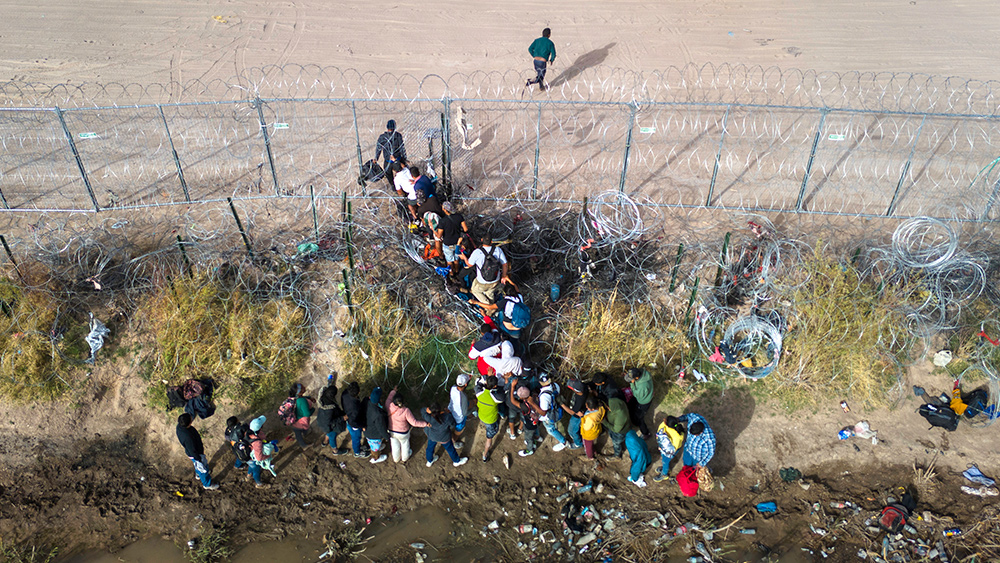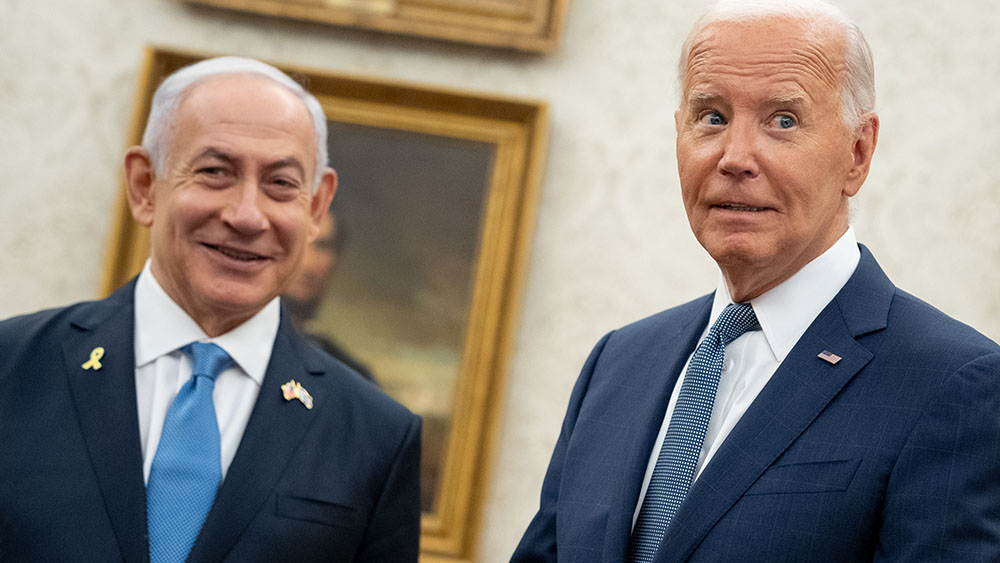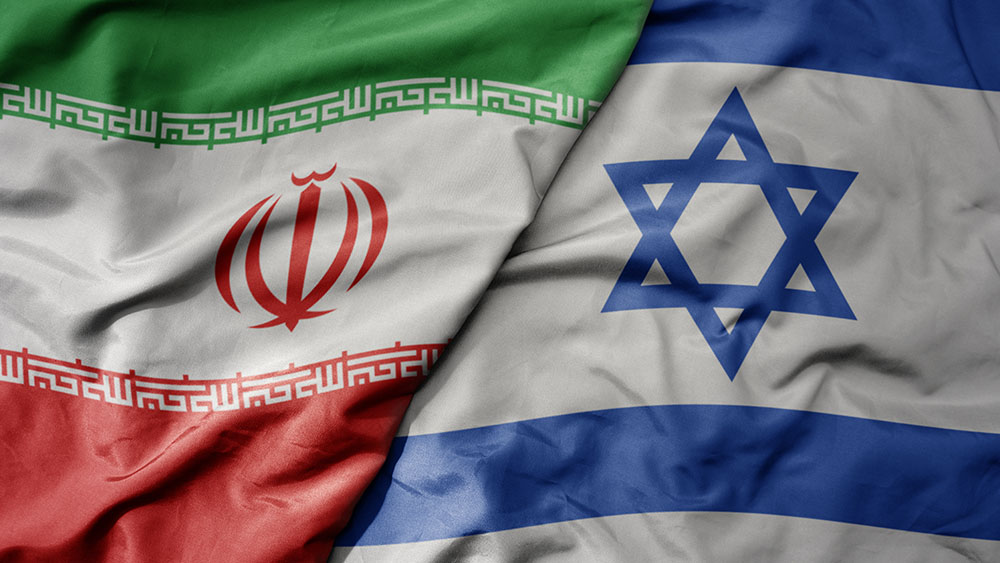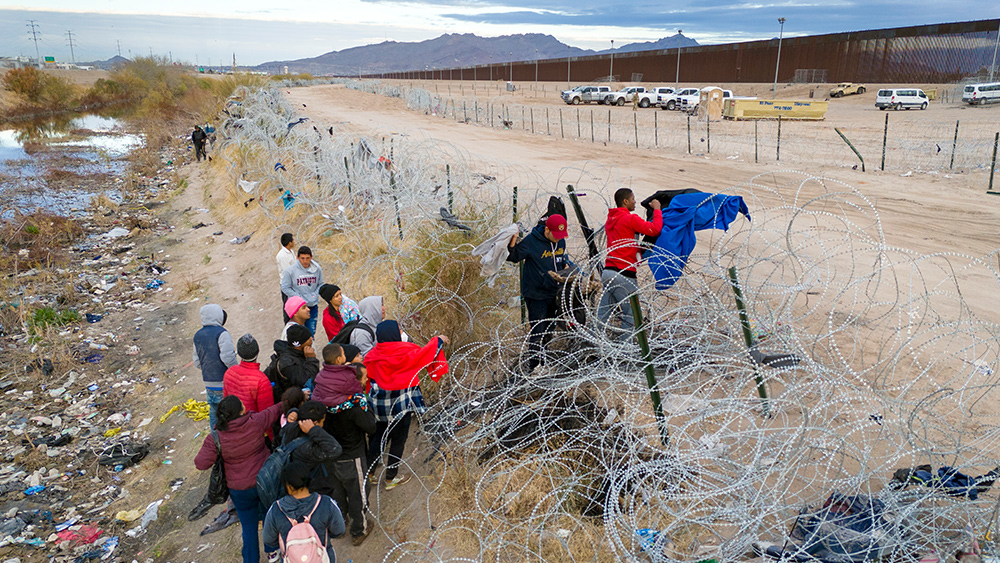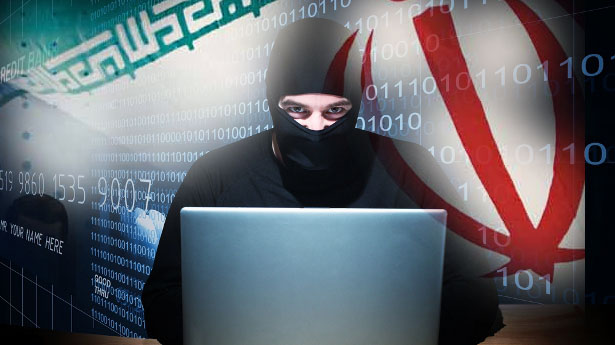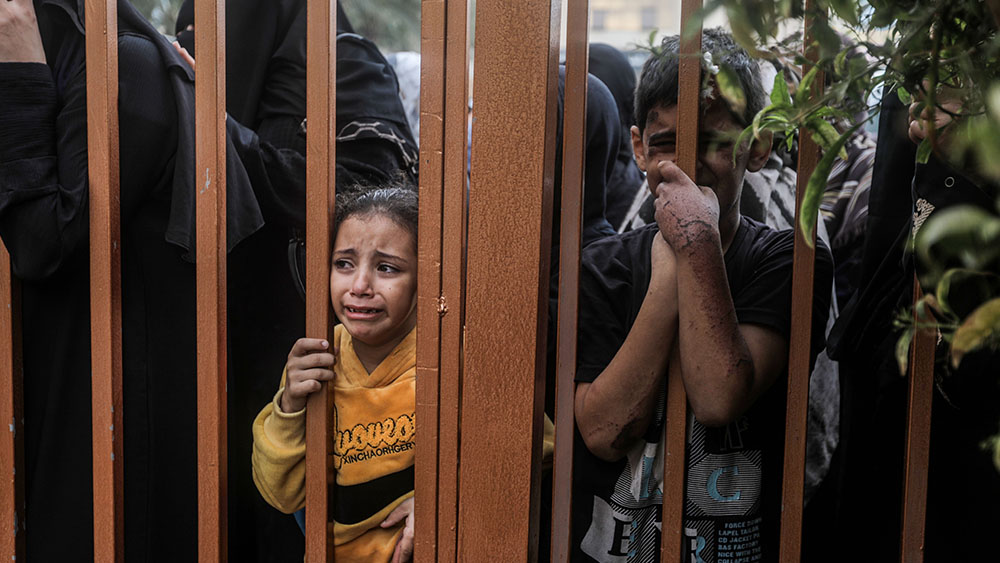Downing Street BANS Ukraine from using Storm Shadow missiles to strike Kursk
08/16/2024 / By Ramon Tomey

The British government has insisted that Ukraine is prohibited from using the long-range Storm Shadow missiles in support of its incursion into Russia’s western Kursk region.
The Telegraph reported this development on Aug. 12, citing a source in London. The tipster said “there has been no change” in Downing Street’s stance on the use of the Storm Shadow missiles despite Kyiv’s pleas. A British government spokesman also attested to this, emphasizing that it has been made clear to Kyiv that “equipment provided by the U.K. is intended for the defense of Ukraine.”
Under the current policy, Ukraine can only use the Storm Shadow missiles to strike Crimea and other areas claimed by Kyiv. However, they cannot be used to strike areas internationally recognized as Moscow’s territory – such as Kursk – for fear that doing so could escalate the conflict.
The broadsheet also noted that the decision on how Ukraine can use the missiles is not just contingent on the U.K., but also with France. According to French President Emmanuel Macron, Kyiv can use the missiles to strike sites deep into Russian territory – but only sites from which Moscow launches its attacks. The Storm Shadow missiles, which have a range of up to 550 kilometers (341 miles), are made jointly by France and the United Kingdom.
The Telegraph‘s Aug. 12 report followed Ukrainian President Volodymyr Zelensky’s claim in July that he had received London’s permission to attack internationally recognized Russian territory with the missiles. But a source for the outlet said at the time that the situation was “more nuanced” and that Ukraine’s other partners would also have to sign off if any changes to the policy were made.
“It’s not going to happen,” the source stressed in July when asked about whether Kyiv can use Storm Shadow missiles to strike targets deep into Russia.
Prohibitions on Storm Shadow use are only on paper
But at the same time, British Defense Secretary John Healey said: “We’re providing weapons to Ukraine for their defense, and that does not preclude them hitting targets in Russia.” He did add that Kyiv must use these armaments “within the parameters and the bounds of international humanitarian law.” (Related: Ukrainian official says British long-range missiles are already being used to strike Russia.)
According to Russia Today (RT), Ukraine’s attack on Kursk is the largest on a Russian border region since the conflict began in 2022. The Russian Ministry of Defense stated that the advance has been halted, estimating Ukraine’s losses at around 1,600 troops and 200 armored vehicles.
Moscow has accused Kyiv of indiscriminately targeting civilians, in particular using the Storm Shadow missiles to target critical infrastructure. This move, Russia argues, has resulted in civilian deaths.
While Ukraine has reportedly been barred from firing British missiles deep into Russia, the U.S. has done the opposite. In May, Washington permitted Kyiv to use American-made long-range weapons to strike Russian targets.
RT noted that Washington’s move came as a response to Moscow’s advance in Ukraine’s northeastern Kharkiv region – with the latter aiming to protect civilians from Kyiv’s artillery strikes. According to media reports, the range of the Ukrainian strikes was limited to around 100 kilometers (62 miles). This, according to the Russian state-owned news outlet, left some high-priority targets beyond Ukraine’s reach.
Head over to MilitaryTechnology.news for similar stories.
Watch this video about Russian forces managing to obtain an intact Storm Shadow long-range missile.
This video is from The Prisoner channel on Brighteon.com.
More related stories:
U.S. quietly sent Ukraine long-range missiles following a secret directive from Biden.
Italy mulls sending long-range Storm Shadow cruise missiles to Ukraine.
Sources include:
Submit a correction >>
Tagged Under:
big government, chaos, incursion, Kursk region, long-range missiles, military technology, national security, politics, Russia, self-defense, Storm Shadow, terrorism, Ukraine, United Kingdom, violence, weapons technology, WWIII
This article may contain statements that reflect the opinion of the author
RECENT NEWS & ARTICLES
COPYRIGHT © 2017 NATIONAL SECURITY NEWS



